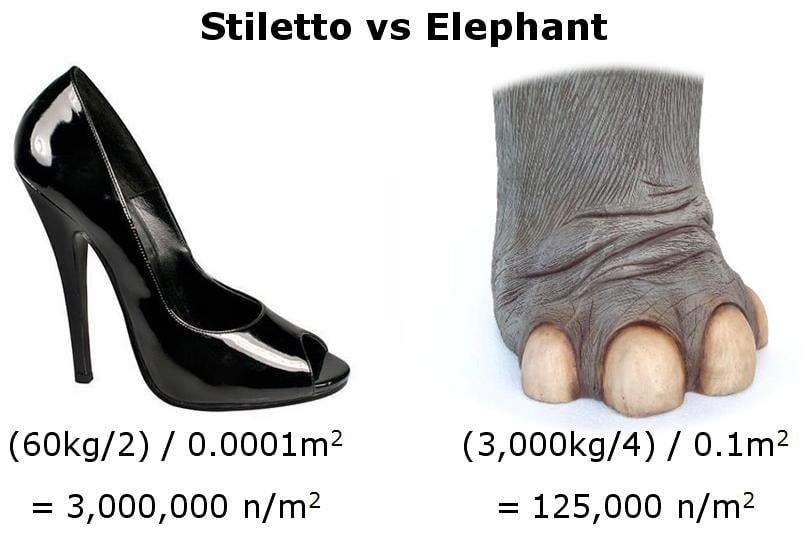A prevalent concept is the idea that as a CEO or executive of a company, you need to shield your team from bad news, the risks of a startup, and other negative aspects that are inevitable on the startup journey.
I believe this concept could actually be quite dangerous.
One of our core values at Buffer is to default to transparency. This means absolutely everything in the company is shared knowledge.
It was scary at first, not least because the idea goes very much against the grain. I found myself hesitating, not because I genuinely could think of reasons not to share, but simply because no one else shares some of the things we’ve shared.
Shielding your team leads to distrust
I think one of the most fascinating things about withholding information of any kind is the message it unknowingly sends to the team.
If you hold back information, you are silently telling your team that you don’t trust them. Frédéric Laloux put it well in Reinventing Organizations:
“In most workplaces, valuable information goes to important people first and then trickles down to the less important. Sensitive information is best kept within the confined circle of top management. The underlying assumption is that employees cannot be trusted; their reactions could be unpredictable and unproductive, and they might seek to extract advantages if they receive too much information.”
The reason starting a trend of secrecy is so dangerous is that it’s self-reinforcing:
“Because the practice is based on distrust, it in turn breeds distrust.”
That is, the policies you set up based on these assumptions might trigger people to try to cheat the system, because they start to despise it. Once you find people are doing this, the natural thing is to introduce yet more controls and restrictions.
Withholding information strains leaders
Beyond affecting the culture and spirit of your team, I believe that withholding information puts unnecessary strain on yourself as a founder. A startup journey is a series of many ups and downs, and the lows can really be difficult. There are many sad examples of things becoming too much for a founder, and more often than not they’ve kept the stress to themselves.
The traditional structure of a company in a hierarchy naturally leads to a pyramid, with a single person at the top. The law of pressure in physics can illustrate the outcome here:
pressure = force/area
That is, the smaller the area, the higher the pressure. In the following example, the pressure from under an elephant’s feet is far less than that from under a woman’s stiletto heels:

If bad news comes up and you take the whole burden on yourself, the pressure is much higher than if that news is shared across many people.
Consider the role of the ego at play
Another reflection for me is that whenever I have felt that I should hold something back from people in the team, I believe it is often my ego at play. I am essentially saying that I can handle the situation better or take more than others in the team.
It’s as if I’m saying that I am more responsible than the rest of the team. It’s like I’m treating my team like children, which is ironic because many people in the team have children and I don’t yet! I am convinced that if we can let go of our ego as leaders and share information and responsibility, we will be pleasantly surprised.
Holding onto information or key decisions is in a lot of ways a fear of giving up control, at the expense of trust and moving faster thanks to shared decision-making. I think often as leaders we feel a need for control and privileges, and this comes almost entirely from ego. One of the reasons I try to practice daily meditation is to more easily act without ego.
Do you share bad news?
Do you guard your team from some of the tough decisions and risks of your company? Do you think that in some cases we should? I’d love to hear any thoughts at all on this topic.
Try Buffer for free
190,000+ creators, small businesses, and marketers use Buffer to grow their audiences every month.



